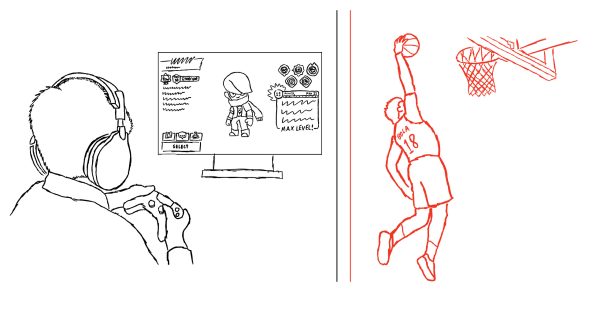Studying abroad seeks to broaden students’ horizons
Studying abroad is a privilege that is becoming more and more common. The opportunity to study in another country has begun to become a popular trend among students in U.S. colleges and universities. Most recently, more and more schools are creating campuses in several countries to allow their students to continue their education in different environments and cultures. These experiences are memorable and inspiring.
“For me, seeing the history embedded in every nook and cranny of Rome when I lived there coerced me into changing majors,” said history teacher Mr. Cory Jensen. “The most important thing I took away from studying abroad was a deep appreciation for the Western Tradition.” When speaking about seeing famous historical and religious sites, Mr. Jensen said, “that is what has sustained my enjoyment of history since 2005 and was the first of many moments that nudged me towards becoming Catholic. “
Not only does the immersive experience allow for academic and religious growth, but also allows students to develop the skills of friendship, freedom and responsibility.
“Learning another language is just a small part of taking college courses abroad,” said Spanish teacher Mr. Kurt Paprocki when discussing his year abroad in Spain during college. “During my academic year in Spain, I learned important life skills that I still use today – how to budget my time and money, how to find myself around new cities and countries, and how to interact with people from all corners of the world, among other skills.” Mr. Paprocki also said, “I think the most special thing that comes out of living & studying abroad is the people you meet. Since my time abroad, I’ve attended international weddings, taken trips with friends all across the globe, and I regularly share birthday cards, Christmas gifts and text messages with friends all over the world.”
Studying abroad allows students to build on their values and ideas in a broader context. Interacting with different cultures can also make a person more receptive to other traditions and beliefs outside of their own and allows students the opportunity to build respect for these differences.
Your donation will support the student journalists of Saint Viator High School. Your contribution will allow us to purchase equipment and cover our annual website hosting costs.








